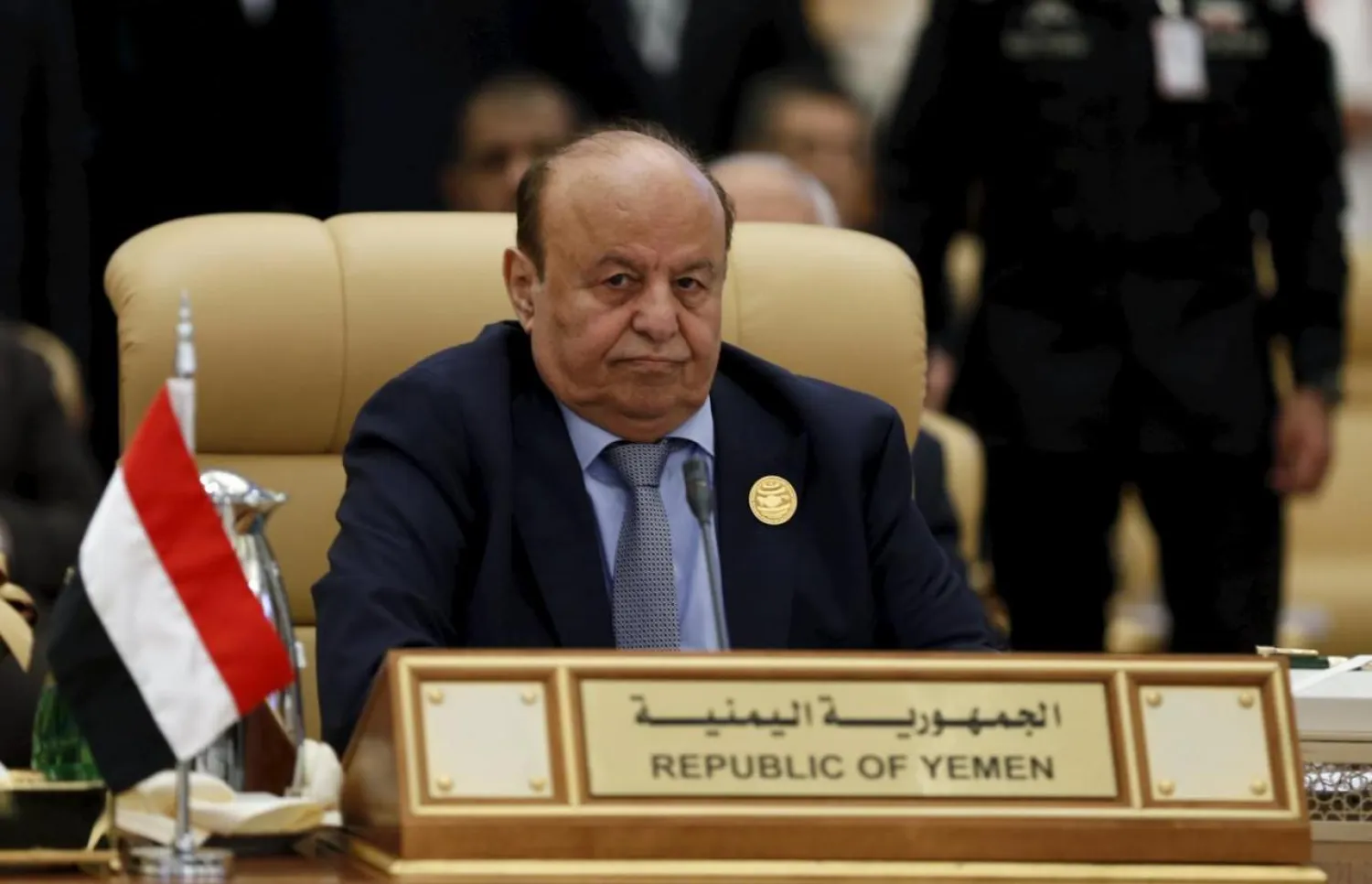After years of leading a war-torn country, Yasser Hadi, Yemen’s former president, officially stepped down. His exit marks a turning point in Yemen’s political journey, a country already facing war, poverty, and humanitarian issues. But what does this mean for the country now?
Let’s explore how Hadi’s resignation could reshape Yemen and what people inside and outside the country are saying about it.
Who Is Yasser Hadi?
Yasser Hadi, full name Abdrabbuh Mansur Hadi, was Yemen’s president from 2012 to 2022. He came into power after former President Ali Abdullah Saleh stepped down following mass protests during the Arab Spring.
For many, Hadi symbolized hope — someone who could bring stability and peace. But over time, things didn’t go as planned.
A Country in Chaos
During his presidency, Yemen fell deeper into conflict. In 2014, the Houthi rebels — a political and armed movement from northern Yemen — took over the capital city, Sana’a. This forced Hadi to flee to Saudi Arabia.
From there, he continued leading the country in exile with the support of a Saudi-led military coalition. However, his government lost control over most parts of the country, while humanitarian issues worsened.
Why Did Yasser Hadi Resign?
In April 2022, Yasser Hadi shocked many by resigning. He also dismissed his vice president and transferred power to a new presidential council. This move was announced during peace talks in Saudi Arabia, and it looked like a strategic step to unify anti-Houthi forces.
Hadi said his decision was to bring peace and end the long civil war. But many Yemenis questioned whether the move was voluntary or influenced by outside powers, mainly Saudi Arabia.
What Is the Presidential Council?
The new leadership in Yemen is a council made up of eight members. These individuals represent different political and military groups from various regions of the country. The idea was to unite anti-Houthi forces under one umbrella.
However, experts warn that having too many leaders can cause more internal disagreements, especially when everyone wants more power and control.
Reaction From the Public and the World
The resignation of Yasser Hadi received mixed reactions.
- Supporters of the move believe it opens the door for peace talks and allows fresh leadership to take over.
- Critics say it’s just another power shuffle without addressing Yemen’s real problems.
Internationally, countries like the United States and the United Nations welcomed the move, hoping it would bring peace to a country that has been at war for nearly a decade.
Saudi Arabia’s Role
Saudi Arabia has been a key player in Yemen since 2015, backing Hadi’s government with money and military support. When Hadi resigned, many saw it as Saudi Arabia trying to fix Yemen’s leadership to make peace negotiations easier.
Some reports suggest Hadi was under pressure to step down. If true, it raises questions about how much power Yemen’s leaders really have and how deeply foreign countries are involved in its politics.
What Happens to Yasser Hadi Now?
After stepping down, Yasser Hadi has kept a low profile. There are reports that he is still in Saudi Arabia, but he no longer plays an active political role. For now, he seems to have faded from public view.
Still, his legacy is very much alive in Yemen’s ongoing challenges. People continue to debate whether he helped or hurt the country during his rule.
The State of Yemen Today
Yemen remains one of the poorest countries in the world. Over 24 million people — nearly 80% of the population — rely on humanitarian aid. The war has destroyed hospitals, schools, and homes, and millions have been displaced.
Even after Hadi’s exit, there’s no clear path to peace. Fighting continues in many parts of the country, and the presidential council faces the tough task of bringing unity and stability.
Is Peace Possible After Yasser Hadi?
Many experts agree that removing Hadi was a necessary step, but not a complete solution. Peace in Yemen will require:
- Strong leadership from the new presidential council.
- Inclusion of all major political and tribal groups.
- Serious international efforts to support negotiations.
- Rebuilding of critical infrastructure and social systems.
The resignation of Yasser Hadi was a bold move, but Yemen’s crisis runs much deeper than one man’s decision.
What People Are Saying on Social Media
On platforms like Twitter and Facebook, Yemenis have shared their mixed feelings:
- Some expressed relief, calling Hadi’s rule a “failed era.”
- Others fear the power vacuum might lead to even more conflict.
- A few remain hopeful, praising the chance for a new beginning.
Social media continues to play a role in shaping public opinion, especially among the younger generation looking for change.
Lessons From Hadi’s Presidency
There are several takeaways from Yasser Hadi’s time in office:
- Weak leadership during a crisis can lead to chaos.
- External influence from foreign nations can shape a country’s future — for better or worse.
- True peace can only happen when all groups are given a seat at the table.
These lessons should guide the current leaders if they want to bring lasting change.
Final Thoughts
The resignation of Yasser Hadi marks the end of a major chapter in Yemen’s history. Whether it leads to peace or more problems depends on what the new leaders do next.
What’s clear is that Yemenis are desperate for a solution — one that ends the suffering and brings hope to millions. The world is watching, and time is running out.
Read Next – Nayef Tawfeeq Al Alawi: Transforming Fintech in the Middle East



